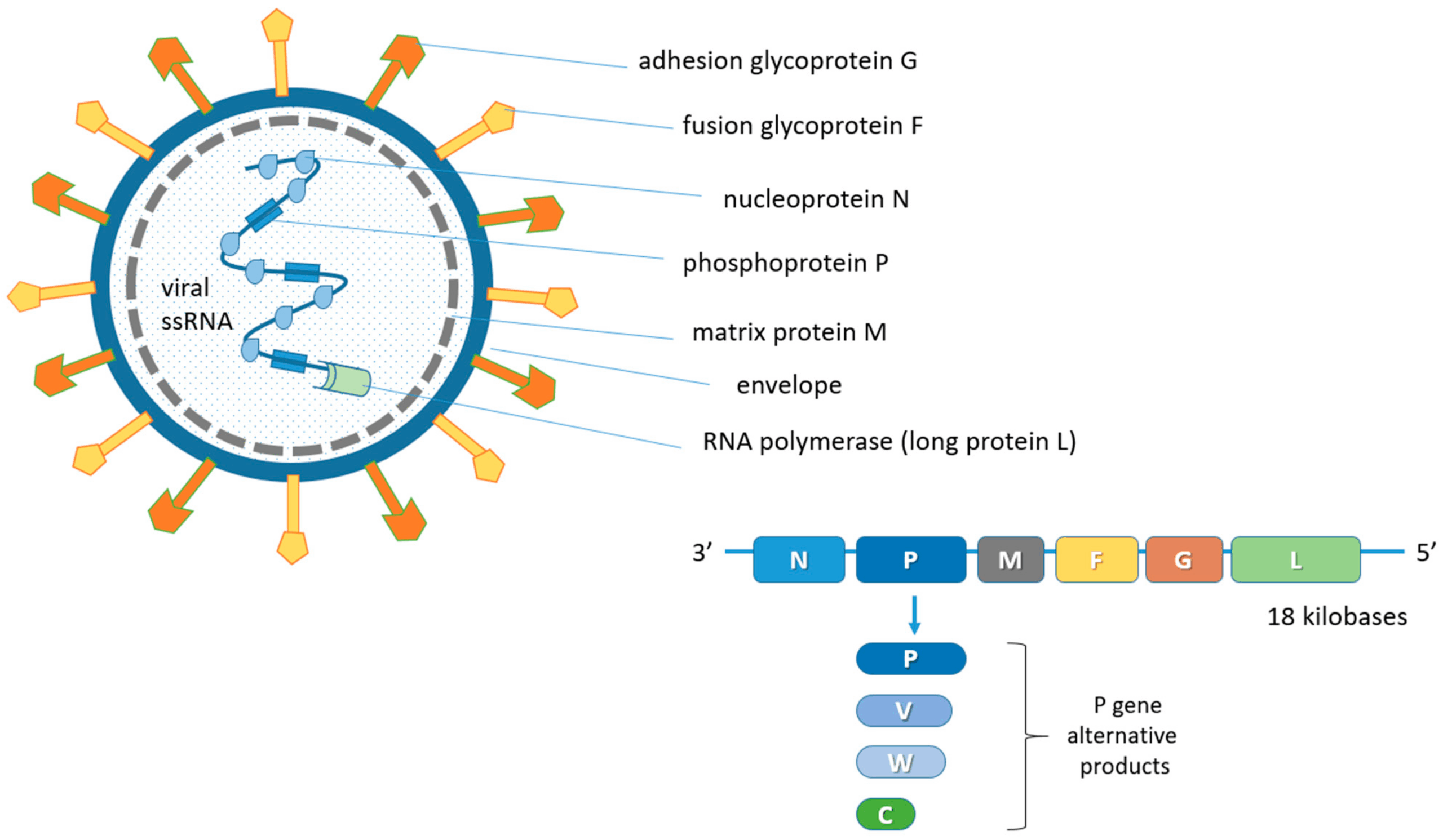
Introduction
The Nipah virus, identified in 1999, is a zoonotic pathogen that poses significant public health challenges. With its recent resurgence in parts of South Asia, understanding its transmission, symptoms, and prevention is crucial for safeguarding communities against potential outbreaks. Given the ongoing threats posed by emerging infectious diseases, the Nipah virus serves as an alarming reminder of the need for vigilant public health measures.
Recent Outbreaks
During 2023, multiple cases of Nipah virus infection have been reported in India, particularly in the states of Kerala and Maharashtra. The Kerala health department confirmed several cases, prompting immediate action to contain the virus. The Nipah virus is primarily transmitted from fruit bats to humans, with outbreaks often linked to contaminated food products and close human contact with infected individuals.
Experts have reported that the virus can lead to severe neurological illness, with symptoms including fever, headache, and respiratory complications. The fatality rate can be as high as 75% in severe cases, underscoring the urgent need for effective monitoring and rapid response strategies by healthcare authorities.
Public Health Response
In response to the outbreaks, health authorities have activated emergency protocols, including contact tracing, quarantining of affected individuals, and extensive public awareness campaigns about the risks posed by the Nipah virus. Healthcare workers are trained to manage the symptoms and ensure appropriate care for those infected, preventing further spread.
Local and national governments are also collaborating with the World Health Organization (WHO) to enhance surveillance systems, aiming to detect and respond to future outbreaks swiftly. Vaccination strategies against Nipah are still in development, highlighting the importance of ongoing research into this dangerous virus.
Conclusion
The emergence of the Nipah virus serves as a critical reminder of the interconnected nature of human, animal, and environmental health. As more outbreaks occur globally, ongoing public health vigilance and international cooperation will be essential in managing the risks associated with zoonotic diseases. Citizens are encouraged to follow health advisories, stay cautious about food sources, and report any unusual symptoms to healthcare professionals. In an increasingly globalized world, the Nipah virus exemplifies how quickly a localised health issue can escalate into a widespread concern, necessitating collective action and preparedness.
You may also like

Understanding the Current Measles Outbreaks
The Integral Role of Hospitals in Modern Healthcare

The Role of Face Masks in Public Health Today
SEARCH
LAST NEWS
- Remembering Wendy Richard: The Promise to Co-Star Natalie Cassidy
- How Did Anglian Water Achieve an ‘Essentials’ Rating for Mental Health Accessibility?
- Shai Hope Leads West Indies in T20 World Cup Clash Against South Africa
- What We Know About Weston McKennie: Future at Juventus and Past at Leeds
- What We Know About the Upcoming Live Nation Antitrust Trial